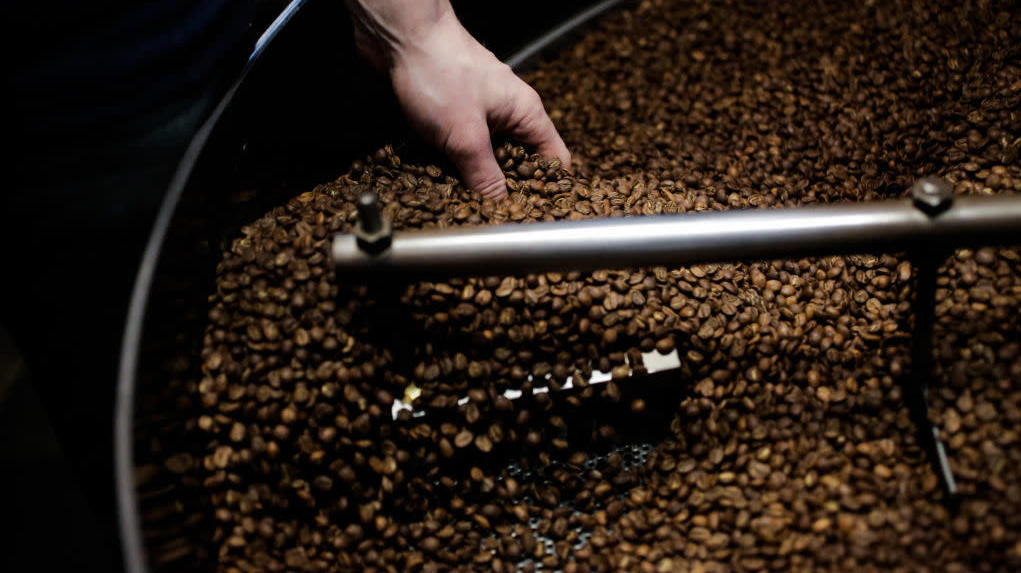Now Might Be A Good Time To Break Your Coffee Habit
Trouble on the bean scene: Brazil is experiencing a major drought, and it might make your morning cup of coffee a bit pricier. Yesterday, Bloomberg reported that the drought has decreased coffee crop production just as congested shipping ports have depleted US coffee stockpiles. As roasters blast through their inventories, wholesale prices are beginning to climb—which could increase prices at large and small coffee operations alike.
This is especially tricky as coffee ventures grow more and more popular. Bloomberg reports that Arabica-coffee futures in New York have increased by nearly a quarter since the end of October 2020—which is bad, because Brazil's Arabica farmers are experiencing near-total crop losses in some regions of the country. Bloomberg also cited data advisory firm Marex Spectron, which recently upgraded its global coffee deficit forecast from 8 million bags to 10.7 million bags. This, compounded with backups and delays at shipping ports, results in a shortage of Brazilian coffee imports, meaning coffee could remain more expensive for up to three years. That's according to David Rennie, head of Nestle's coffee brands, who told Bloomberg it could take two to three years for coffee prices to return to normal.
Coffee is just the latest in a string of product shortages that started with the COVID-19 pandemic last year. And while the drought isn't linked to the pandemic, it paints a picture of a fraught marketplace vulnerable to all kinds of supply chain issues. Regardless, it might be time to switch to tea.
